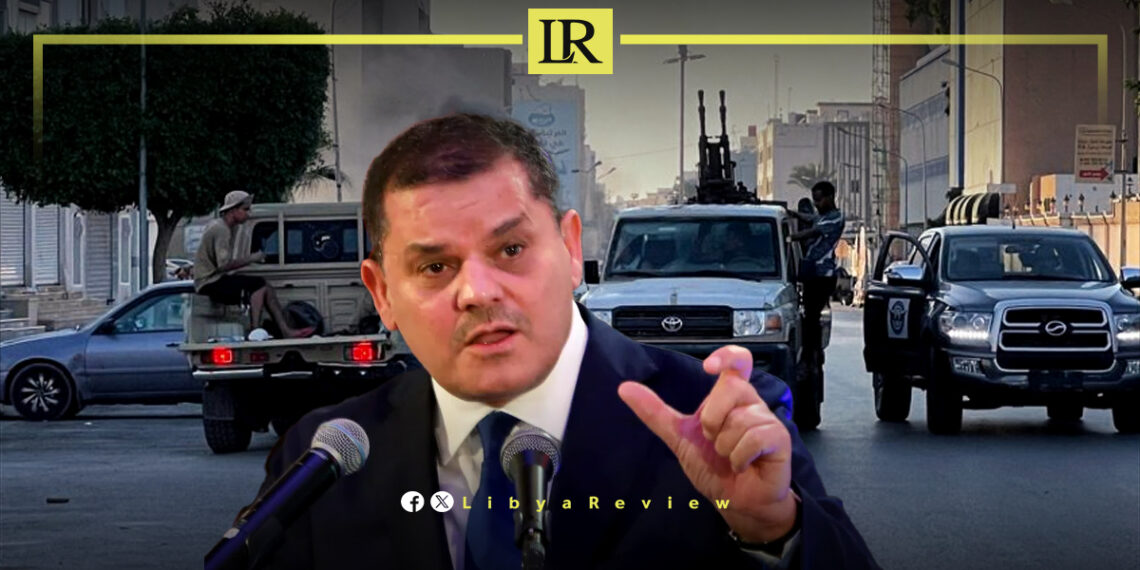Fresh clashes in Zawiya, coming just weeks after similar violence in Janzour, have underscored what analysts describe as the total failure of Prime Minister Abdelhamid Dbaiba’s government to impose authority or ensure security in western Libya.
According to Libyan political analyst Khaled Al-Hijazi, “there is no real state authority over the armed formations.” He explained that these militias, often loosely tied to the government, operate independently with their own loyalties, tribal, local, or personal. “Some pretend to support Dbaiba’s government, but in reality they act as parallel powers, outside any unified command,” he said.
Al-Hijazi stressed that recent escalations, including raids on rival bases, reveal the militias’ ability to defend themselves without state oversight. “This shows how weak Dbaiba’s agreements with these groups are. They are not enforced in practice, and the government is simply too fragile to confront them.”
He added that leaders of militias resist giving up influence because it threatens their personal power and profits. In some cases, they are appeased with secret deals, immunity, or political favors. “Dbaiba is not dismantling militias—he is depending on them, which only fuels the crisis,” he concluded.
Political commentator Hossam Al-Abdali went further, warning that many armed groups function more like criminal gangs than legitimate security forces. “We saw it clearly in Janzour: the storming of a hospital during clashes shows how civilians are left exposed while the government remains absent,” he said.
The renewed bloodshed in Zawiya and Janzour reflects a larger reality: Dbaiba’s government, far from restoring order, has become reliant on the very militias destabilizing Libya. As long as he continues to shield these groups instead of dismantling them, Libya will remain caught in a cycle of violence, chaos, and insecurity.


